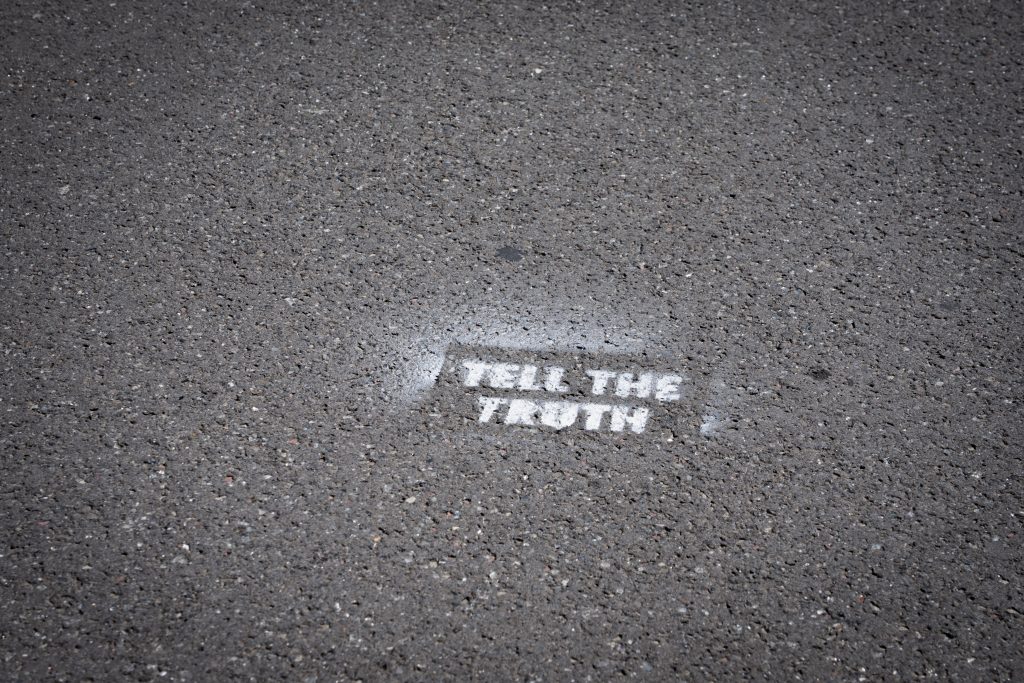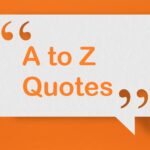“If you tell the truth, you don’t have to remember anything,” Mark Twain is believed to have remarked, implying that if you tell a lie, you must remember who you lied to. It takes more effort to lie than it does to speak the truth.
The statement indicates that being honest requires less effort than fabricating falsehoods and keeping your narrative straight. Of course, this is only true as a guideline, not as a rule of thumb. To tell the truth openly and honestly, one must live in a free society free of persecution. If a person does not have those advantages, they may feel compelled to lie to save face. A straight line is the shortest distance between two places; lying requires more energy than telling the truth. Honesty develops character depth.
In This Article:
“Rather than love, than money, than fame, give me the truth”
To keep a lie alive, you must never forget what you stated. Ordinary discussions become tense as a result of it. It’s much more difficult if you have to recall which persons you spoke the truth to and which ones you told various lies to. As others inquire about the specifics, one falsehood leads to another. A simple example is if you lied to cover for someone else and made up a story about them being out of town or something, and it took a lot of lies to get the other person to believe your made-up story. If you come across the same topic again a few months later, the only thing on your mind will be the list of actions you told in the story, whereas you will be more relaxed and won’t have to recall sequences if you go on with the truth.
“Some people think that the truth can be hidden with a bit of cover-up and decoration. But as time goes by, what is true is revealed, and what is fake fades away”
Because people who lie usually lie to a large number of people, they forget their lies fast, making it easier to spot when you’ve been duped. Mark Twain encourages us to be truthful and honest. He claims that it is better, to be honest and tell the truth, or else you would have to write down your falsehoods to recall them.
When you talk honestly, it typically comes from a place of inner passion, compassion, and interests. Start by being honest with your buddy, partner, or coworker while you’re speaking with them. You’ll show off what fascinates and motivates you while also improving your emotional condition since honesty feels and seems better on the outside.
“If you do not tell the truth about yourself, you cannot tell it about other people”
Many people have butterflies in their stomach when they offer a falsehood when confronted with truths. When was the last time you lied to someone in front of them? What emotions did you experience? Were your stomach twisting and your chest in the proper place? Did you live in constant worry that they might find out you lied? Being truthful eliminates all of these problems. The more honest you are, the less fear you will have.
Simplicity in life is impossible to attain without honesty. Clarity may exist without honesty, but honesty cannot exist without simplicity. Consider how every time we aren’t truthful, we create a parallel universe. As a result, we are compelled to live in two worlds: the real one and the one we’ve constructed. When we choose honesty in all parts of our lives, including our marriages, businesses, and relationships, we live the same life regardless of where we are. Dishonesty, on the other hand, leads to duplicity, which is the polar opposite of honesty.
“Three things cannot be long hidden: the sun, the moon, and the truth”

Consider the following fundamental realities for living a truthful life:
Honesty is more straightforward when you have character, integrity, and morals in your life. You will quickly discover that you have nothing to hide if you choose to live a life of character… If you don’t have anything to conceal, honesty is a lot simpler. There are several implications for our marriages, children, bosses, and friends regarding this topic. Strive for honesty in all of them.
Consider the long-term implications of a quick gain. One of the reasons we start living dishonestly in the first place, as I stated, is because the short-term benefits appear clear. These short-term advantages, however, carry long-term costs. We should think about them and weigh the actual cost of our actions.
Honesty is a potent weapon that, like most other things, may be used for good or bad. It may either be used to build others up or to tear them down. While the tone of your words may make a significant impact, your motivation can make an even more enormous difference. Instead of tearing someone down, use your words to lift them. The same fact delivered differently and with a different purpose might produce entirely different outcomes.
Honesty has a cumulative effect. It grows at an exponential rate. Whatever happens with your bank account, your profession, your promotions, or your start-up. Over years and decades, not days or weeks, honesty accumulates tremendously. More people will believe your word and will spread the word that you are someone who should be sought out, sought after, and given opportunities, support, and money. This is the foundation of your empire.
Who wants to work somewhere where they have to lie to advance? Nobody. Save yourself the trouble of lying to yourself and the people trying to employ you when you’re interviewing. When you are straightforward and honest in your approach, you will obtain a better job.
If you’re dishonest once, all of those seeds will be swept away in a life-threatening thunderstorm. A depressing cyclone that will permanently wipe out all of your possibilities. The world listens for the truth and shuns deception. Your body produces more oxytocin (a neurochemical that promotes happiness and energy) when you are trusted.






